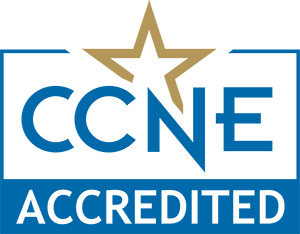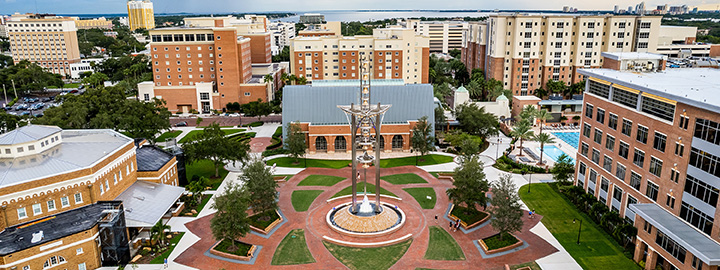
UTampa's Master of Science in Nursing (MSN) prepares advanced practice nurses for roles such as primary care providers and clinical leaders. The program emphasizes the importance of holistic assessment, cultural congruency and patient inclusion and collaboration in health care. UTampa's Department of Nursing is committed to helping meet the nation's growing demand for advanced practice nurses.
The department maintains formal affiliations to more than 200 Tampa Bay area health care facilities, providing students with expanded and broad clinical exposure. In addition, experienced preceptors assist students in fine-tuning essential skills for clinical practice. Preceptors are actively engaged in community practice settings and provide real-world lessons and advice about the scope of practice available to graduates. Opportunities in a variety of health care settings position graduates to enhance access to excellent health care for all.
For questions regarding UTampa’s MSN admission process, please contact Maria Quillen at mquillen@ut.edu.
- Request More Information
- Program Description
- Admission Information
- Faculty
- Accreditation
Complete to receive more information about the M.S. in Nursing.










